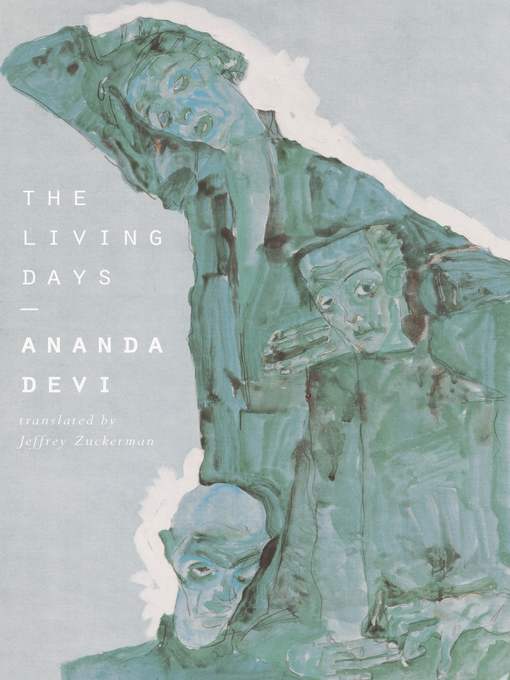
The Living Days
کتاب های مرتبط
- اطلاعات
- نقد و بررسی
- دیدگاه کاربران
نقد و بررسی

September 9, 2019
Devi’s visceral and chilling novel (after Eve Out of Her Ruins) is a profound portrait of two people living on London’s margins. Seemingly as different as two people can be, Mary, a white spinster
in her late 70s, and Cub, a 13-year-old black boy from the housing projects of Brixton, come together by chance outside Mary’s derelict home on the Portobello Road. Mary—“just a shadow, sometimes reflected in a window pane, one of those old women people avoided seeing at all”—has nothing: her only lover disappeared during WWII, more than 60 years ago, and she has lost her ability to make a living after a diagnosis of rheumatoid arthritis. She lives in filth and a desperate dream of how her life could have been, until Cub shows up out of the blue. To escape his cramped and chaotic home, Cub begins to stay at Mary’s, doing odd jobs and seemingly giving her a reason to live. As their relationship changes and deepens, both characters’ motives alternately muddle and sharpen, culminating in an act of violence and ownership that feels inevitable from their very first meeting. Devi’s telling of their relationship is brutal and entirely believable, a gorgeous and haunting depiction of London and the real lives and memories of those unseen within it.

October 1, 2019
In her latest work to be published in the United States, Devi (Eve Out of Her Ruins, 2016, etc.), a celebrated Mauritian author, uses modern London as a place to explore the legacy of colonialism and the limitations of global culture. Mary Grimes, an old white woman, is sitting in her rotting home in Portobello Road, reminiscing as she waits to die. Her thoughts drift back to her youth during World War II. With death looming, young people are given license to live, and even timid Mary Rose manages to have a sexual adventure. She escapes her family and the countryside for London when her grandfather leaves her his terraced house, and, there, she works as a sculptor until arthritis makes that impossible. She is now purposeless, poor, and alone--until she meets Cub. The son of a single mother of Jamaican descent, Cub is 13 when he begins doing odd jobs for Mary, 13 when he moves into her house, and 13 when he starts sleeping in her bed. Devi's language is luscious (translator Zuckerman deserves notice for turning the author's French into fluid, exquisitely precise English), and her depiction of Mary so gentle, that the reader might be lulled into hoping that this relationship is somehow not as grotesque as it seems. Like the best narratives that use fantastic tropes, this one defies being reduced to one simple set of meanings, but it's fair to say that the novel uses the lens of post-colonialism to test the promises of cosmopolitanism and liberalism. Devi is a native of Mauritius, an island in the Indian Ocean ruled by the Netherlands, France, and Great Britain before its independence in 1968. It's not difficult to see Mary, in her frailty, as a ghost of the British Empire, drawing fresh vitality from young black newcomers to the kingdom while relegating them to the status of subhuman chattel. The genius of this story is that Devi goes beyond revealing this dynamic to explore its insidious, often invisible reach. A gorgeously written, profoundly upsetting fairy tale of race, class, power, and desire.
COPYRIGHT(2019) Kirkus Reviews, ALL RIGHTS RESERVED.

























دیدگاه کاربران